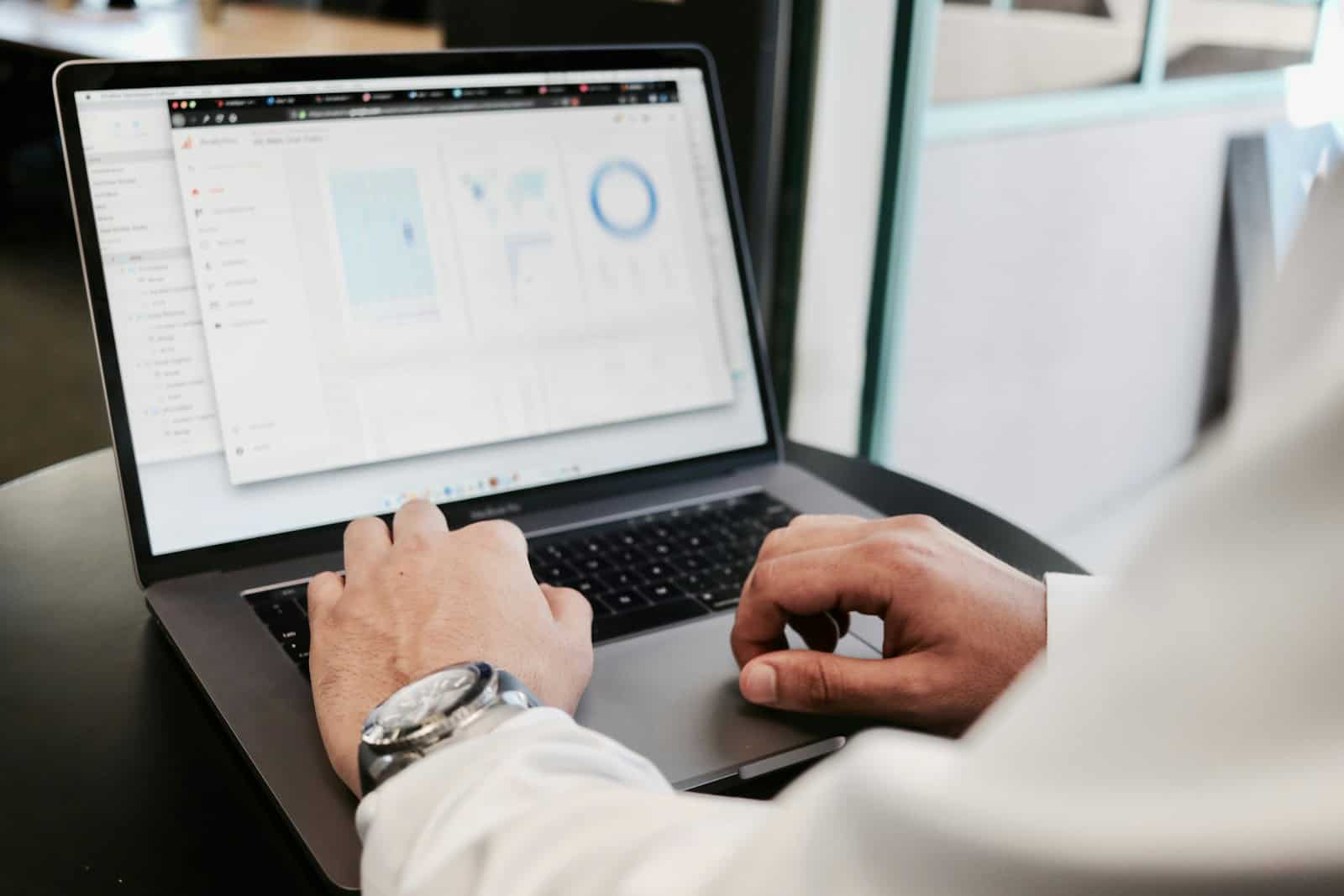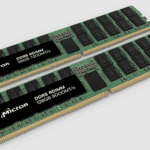When you take your computer to a repair shop, you trust that your personal data is safe. However, repair technicians may have the ability to access your files without needing your password, raising privacy concerns. There have been reports of technicians snooping through personal data, and some cases where data has been copied or compromised. While most repair shops focus on fixing the issue and respecting customer privacy, not all have formal privacy policies in place. It’s important to understand the risks to your privacy and what protections are available to keep your information secure when your device is out of your hands.
How Vulnerable is Your Data?
It’s a valid concern: handing your computer over to a repair shop means potentially exposing your sensitive data. While most repair technicians are ethical, the unfortunate reality is that unauthorized access to your information is possible even without knowing your password.
How Data Theft Can Happen
Here are a few ways repair shops could potentially access your data without your password:
- Accessing Unencrypted Files: If you don’t encrypt your hard drive, technicians can easily view and copy your files. Tools used for diagnostics can easily access unencrypted data.
- Bypassing Passwords: There are ways to reset or bypass Windows passwords, granting technicians access to your user account.
- Malicious Intent: While most technicians are trustworthy, a dishonest individual with the right skills could steal your data.
Protecting Your Data
Here’s what you can do to minimize the risk:
| Action | Description |
|---|---|
| Backup Your Data | Regularly back up important files to an external drive or cloud storage to protect against data loss in any scenario. |
| Utilize Encryption | Encrypt your hard drive (using tools like BitLocker) to prevent unauthorized access even if the physical drive is removed. |
| Choose Reputable Shops | Research repair shops and read reviews to find trustworthy businesses. |
| Remove Sensitive Data | Consider temporarily removing highly sensitive data before sending your computer for repairs. |
| Communicate Concerns | Talk to the repair shop about their data protection policies and whether they offer data backup services. |
Important Note: Even with precautions, there’s always some inherent risk when handing your device over for repairs. It’s up to you to decide if the potential for data exposure is outweighed by the necessity of the repair.
Key Takeaways
- Personal data can be accessed by repair technicians without a password.
- Not all repair shops have stringent privacy policies in place.
- Understanding risks and protections helps in securing data during repairs.
Understanding the Risks and Protections
When you take your computer for repair, your personal data could be at risk. This section covers specific risks and how to safeguard your data effectively.
Privacy Concerns in Computer Repair
Computer repair shops may need to access your system to fix issues, but this could lead to privacy concerns. Reports suggest that sometimes staff could view or even copy your personal data. Customers’ privacy can be compromised if proper privacy policies are not in place. Always ask the shop about their policies and how they ensure the confidentiality of your information.
Security Protocols and Best Practices
To protect your data, encryption is key. Encrypt important files so even if someone accesses your device, they cannot read your data. It’s smart to back up your data and remove sensitive information before taking your computer for repairs. Use strong passwords and consider security software that can track access to your device. Ensure you have up-to-date antivirus software to protect against malware. Regularly review the privacy practices of your device manufacturer and OS developers as well, since they often provide guidelines for maintaining security.
Hardware Versus Software Risks
Hardware repairs, like a battery replacement, might seem less risky, but your device could still be vulnerable. Technicians may need to access your software to ensure the hardware is working correctly. For software issues, the risk increases as the repair may involve direct access to your hard drive or external devices containing your personal files, browsing history, and recently accessed documents. Always ask if the repair will involve software access and consider transferring personal files to a secure device or online storage temporarily.
Case Study and Industry Perspective
This section explores a recent study, delving into industry practices while reflecting on users’ experiences with computer repair shops.
University of Guelph Study Insights
Researchers at the University of Guelph in Ontario conducted an experiment simulating common laptop issues. They targeted 16 repair shops to determine if technicians would access personal information without consent. The study’s results were unsettling. In several instances, repair technicians not only accessed private photos but also copied them. Safety of financial information was a concern as well, with one laptop containing a fictitious cryptocurrency wallet. This study highlights a serious flaw in privacy practices within the industry.
Protecting Customer Data and Privacy
The need to safeguard customers’ privacy is clear. Repair shops often lack clear privacy policies, putting sensitive user files at risk. Best practices include implementing policies that protect customer data and obtaining clear consent before accessing personal files. In some cases, repair shops have taken positive steps by ensuring personal data such as photos, gaming accounts, or financial details are kept private, setting an example for industry-wide standards.
User Experiences and Expectations
Customers expect their privacy to be respected when they hand over their personal laptops for repair. The study showed that technicians accessed files of a supposed male and female persona differently, indicating a potential bias. A user’s experience can be influenced by how repair shops handle this trust. An online survey of customer perspectives might suggest users often overlook the significance of clear privacy policies until their own personal information is at stake.
Frequently Asked Questions
When sending off your computer for repairs, knowing how to safeguard your personal information is crucial. This section answers common concerns with clear, practical advice.
What precautions should be taken to protect data before sending a computer for repair?
Remove all sensitive files or back them up externally. Encrypt your hard drive or use privacy tools to clean personal data. This minimizes risk of unauthorized access.
How can I ensure my personal information remains secure with a computer repair service?
Choose a reputable service with strict privacy policies. Ask them about their data protection procedures. Get written assurance about the protection of your data.
What steps should be taken after receiving a computer back from repair to verify the security of data?
Check your system’s logs to see if any files have been modified. Run security scans to ensure no malicious software has been installed.
What are the risks of unauthorized data access by a computer repair technician?
Risks include exposure of sensitive information, identity theft, and data breaches. Ensure the technician has a good track record and follows privacy standards.
Is it necessary to provide a computer repair shop with my password, and what are the implications?
Providing your password is not always necessary. If required, change the password to a temporary one before the repair and reset it afterward.
How do computer repair technicians handle customers’ private data during repairs?
Ethical technicians should respect customer privacy and access only what is needed to complete the repair. They should follow strict guidelines to avoid data mishandling.







